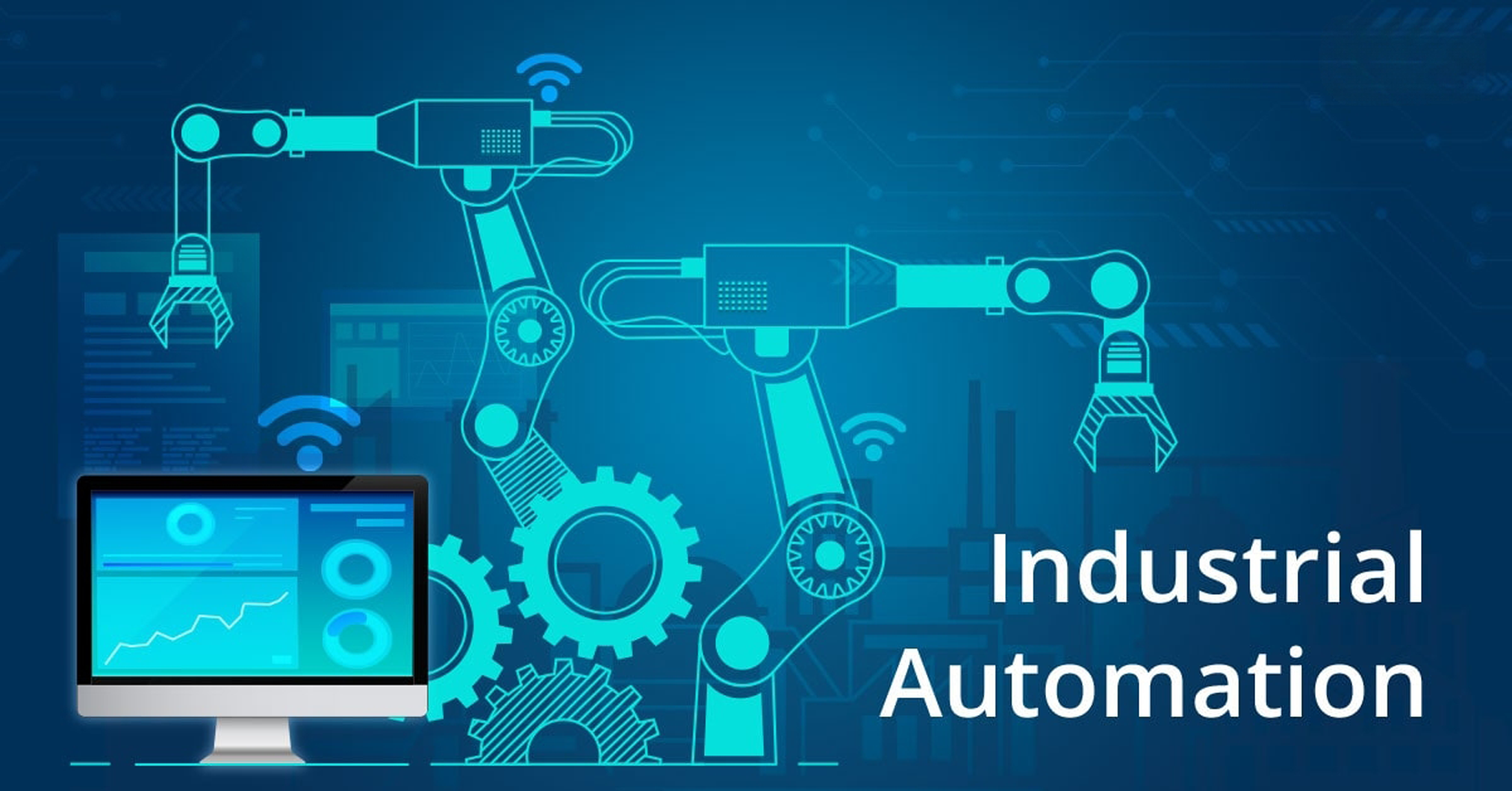The Rise of the Industrial Automation Market in a Digitally Connected World
The Rise of the Industrial Automation Market in a Digitally Connected World
Blog Article
The Industrial Automation Market is witnessing unprecedented growth as industries across the globe embrace smart technologies to optimize operations, reduce costs, and enhance productivity. As companies strive to remain competitive in a rapidly evolving technological landscape, automation has become a cornerstone of modern manufacturing strategies.
From robotics and machine vision to artificial intelligence (AI) and Industrial Internet of Things (IIoT), automation is reshaping how factories operate. With increasing digital dependency, the need for security also grows—bringing sectors like the cyber insurance market into sharper focus to protect these high-tech environments from rising cyber threats.

What Is the Industrial Automation Market?
Industrial automation refers to the use of control systems—such as computers, robots, and information technologies—for handling different processes and machinery in an industry. It reduces human intervention, enhances process reliability, and ensures consistent product quality.
The industrial automation market includes technologies like:
Programmable Logic Controllers (PLCs)
Supervisory Control and Data Acquisition (SCADA) systems
Distributed Control Systems (DCS)
Robotics and AI-based solutions
Sensors and motion controllers
Human-Machine Interfaces (HMI)
This transformation is leading us toward Industry 4.0, where automation, data exchange, and cyber-physical systems coalesce to form smart factories.
Key Drivers of the Industrial Automation Market
1. Need for Operational Efficiency
With rising labor costs and the demand for 24/7 production cycles, manufacturers are under pressure to increase efficiency. Automation delivers faster, more accurate operations, reducing human error and downtime.
2. Technological Advancements
The integration of AI, machine learning, and IIoT devices has enhanced the capabilities of automation systems, allowing predictive maintenance, real-time monitoring, and adaptive control.
3. Workplace Safety
Automation reduces the need for humans to perform dangerous or repetitive tasks, thereby improving worker safety and reducing accidents in hazardous environments.
4. Growing Demand in Emerging Economies
Developing nations are rapidly adopting automation solutions to boost their manufacturing capabilities, enhance productivity, and attract global investments.
5. Sustainability and Energy Efficiency
Automated systems help optimize energy usage and reduce waste, aligning with global sustainability goals and environmental regulations.
Role of the Cyber Insurance Market in Industrial Automation
As factories become increasingly connected through digital networks, they are exposed to new vulnerabilities. Smart manufacturing systems rely on cloud computing, IIoT sensors, and big data platforms—all of which can be targets of cyberattacks.
A cyberattack on an automated factory could lead to production halts, data theft, equipment damage, or even safety incidents. The cyber insurance market plays a crucial role here by offering tailored policies to cover risks associated with digital industrial systems. These policies help businesses recover from breaches, compensate for downtime losses, and meet regulatory obligations.
The growing overlap between industrial automation and the cyber insurance market emphasizes the need for integrated risk management strategies that combine both technological safeguards and financial protection.
Market Segmentation and Industry Applications
The industrial automation market is segmented by:
Type: Fixed Automation vs. Programmable Automation
Component: Hardware (sensors, actuators, controllers), Software (HMI, analytics), and Services
Industry: Automotive, Food & Beverage, Pharmaceuticals, Oil & Gas, Chemicals, Electronics, and Packaging
Key Applications:
Automotive: Assembly line robotics and real-time quality control
Pharmaceuticals: Sterile processing and automated labeling
Oil & Gas: Remote monitoring and predictive maintenance
Food & Beverage: Packaging, bottling, and supply chain automation
Global Outlook and Key Players
The industrial automation market is set to surpass hundreds of billions in value by the end of the decade. North America, Europe, and Asia-Pacific are leading the adoption curve, with China and India emerging as key markets.
Top companies driving innovation include:
Siemens AG
Rockwell Automation
ABB Ltd
Honeywell International
Mitsubishi Electric
Schneider Electric
Emerson Electric
These firms are heavily investing in smart technologies, cybersecurity, and sustainable automation solutions.
Challenges in the Industrial Automation Market
Despite its growth, the market faces several challenges:
High Initial Investment: The upfront costs of automation systems can be a barrier for small and medium enterprises (SMEs).
Integration Issues: Connecting legacy systems with new technologies often requires complex, customized solutions.
Skill Gap: There is a growing need for skilled workers who can manage, program, and maintain automated systems.
Cybersecurity Threats: Automation introduces new risks, as connected devices become vulnerable to hacking. Here, once again, the cyber insurance market becomes essential in mitigating financial risks arising from such threats.
Future Trends in Industrial Automation
Looking ahead, several transformative trends will shape the future of this market:
Edge Computing in Industrial Systems
AI-Driven Decision Making
5G-Powered Smart Factories
Collaborative Robots (Cobots)
Digital Twins for Predictive Maintenance
Stronger Integration with the Cyber Insurance Market for Risk Management
These advancements will push the boundaries of what’s possible in manufacturing, making factories more responsive, intelligent, and resilient.
Conclusion
The industrial automation market is at the heart of the fourth industrial revolution, empowering businesses to build more agile, efficient, and intelligent production systems. As industries accelerate toward complete digital transformation, the importance of automation technologies will only grow.
Yet, with increased connectivity and complexity comes increased risk. As companies automate their operations, they must also fortify them. The cyber insurance market complements this progress by offering vital protections against the cyber risks that accompany digital innovation.
Together, automation and cyber risk management are creating a future where industries can operate smarter and safer, setting a new standard for global manufacturing excellence.
Related Trending Reports
| Public Cloud Market |
| Smart City Market |
| Kids Smartwatch Market |
| Building Automation System Market |
| Internet of Things (IoT) Cloud Platform Market |
Report this page